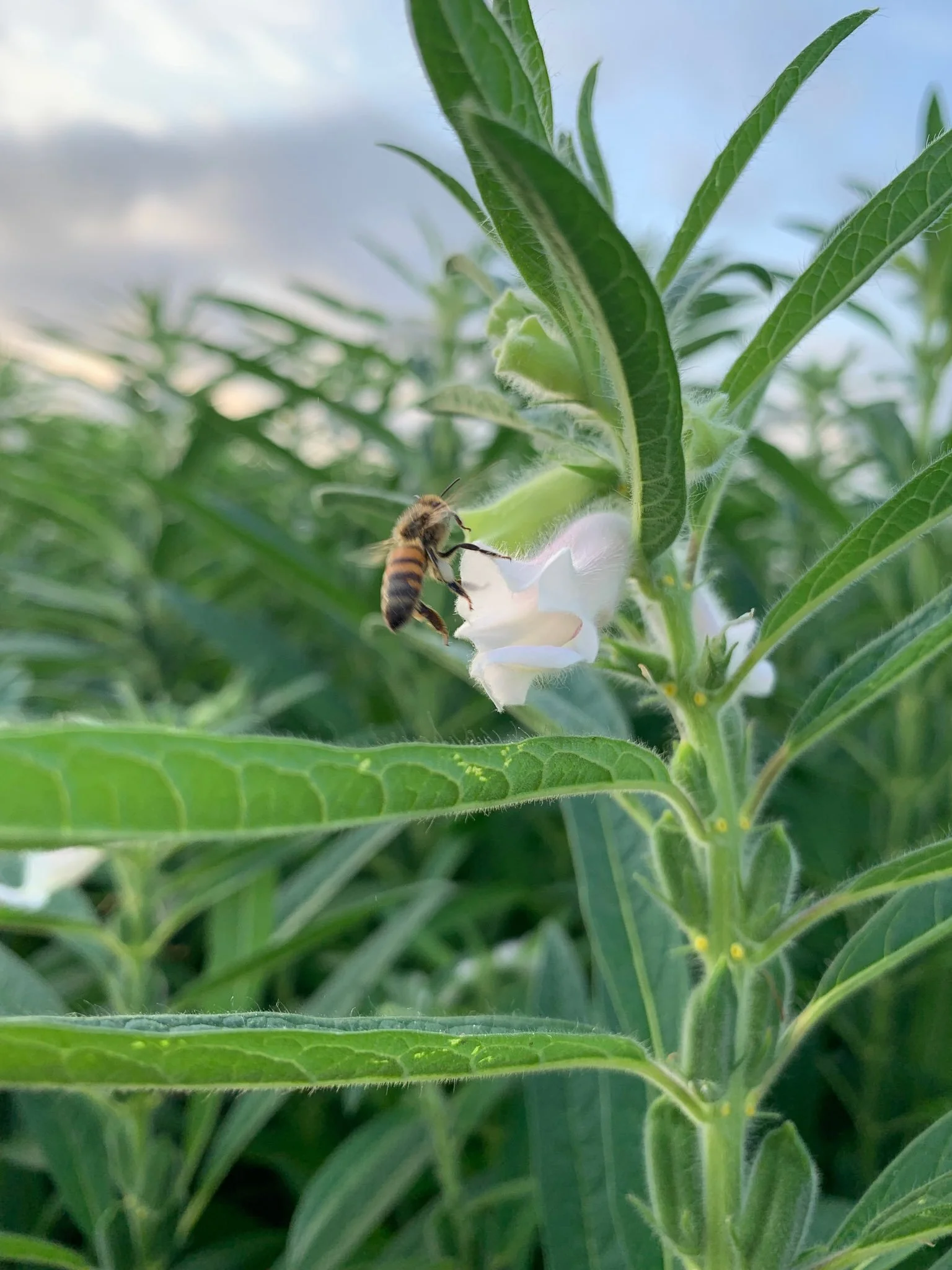We believe that the increased production & consumption of sesame will have a beneficial impact on the planet
Sesame for the next generation
Our Vision & Mission
We believe that the increased production and consumption of sesame will have a beneficial impact on the planet. As a crop, sesame conserves valuable resources and contributes positively to the soil. As a food, sesame is a versatile ingredient that can increase the nutritive value and impart flavor to an array of products. Sesaco is focused on building a sustainable modern supply chain to drive further production and consumption of sesame. Sesame for a healthier planet. Sesame for the next generation.
Good for the soil
For over 5,500 years, sesame has been valued as an input efficient crop that helps to conserve natural resources and enables positive economic return on marginal land. In a crop rotation, sesame has been shown to add value to subsequent crops and improve the overall health of the soil.
Good for the heart
For centuries, sesame has been recognized as healthy ingredient. With an oil low in saturated fats, a protein rich in essential amino acids, and a high concentration of natural antioxidants, sesame has been shown to reduce inflammation, lower cholesterol, and help prevent certain diseases related to oxidative stress.
Farmers report increased yields following sesame
improved soil profile
Adds beneficial residue not only on the surface but within the soil profile, resulting in improved tilth and topsoil protection
increase availability of nutrients
Deep tap root may reach and utilize nutrients and moisture below the root zone of other crops
reduce nematodes
Rotation with sesame has shown to reduce nematode levels
Sesame lowers cholesterol & reduces risk of certain heart diseases
healthy oil
Sesame oil is rich in mono- and polyunsaturated fatty acids - the good find of fats that have been shown to reduce cholesterol
Rich in antioxidants
Sesame is rich in lignans and tocopherols (vitamin E) that function as antioxidants in your body
nutritious source of plant protein
Sesame seeds are high in methionine and cysteine, 2 essential amino acids that are lacking in other oilseeds






